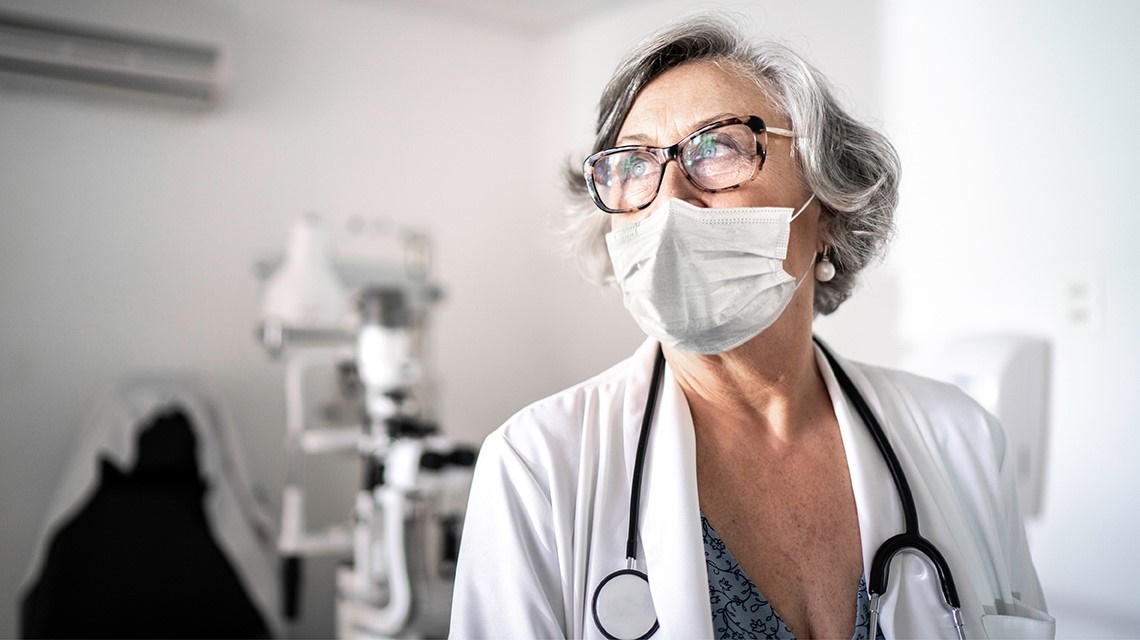Vision Insurance
Explore coverage options through AARP® Vision Plans from VSP – including plans tailored exclusively for AARP members and their families to access affordable vision care benefits.
Vision Discounts
Take a good look at these exclusive discounts on eyeglasses, sunglasses and more with AARP® Vision Discounts provided by EyeMed.
AARP and its affiliates are not insurers, agents, brokers or producers. Providers pay a royalty fee to AARP for the use of its intellectual property. These fees are used for the general purposes of AARP.



